Graham Reid | | 2 min read
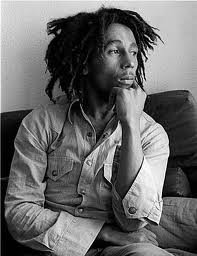
With the DVD release of the doco Marley by Kevin MacDonald, interest is again ignited in this musical, political and religious figure who is often lazily billed as "the first Third World superstar".
So maybe it's timely to offer those coming late to Marley -- who has been dead for over 30 years -- a quick guide into the music of this legendary figure, one that goes further than that best-selling Legend compilation.
Since his death there have been a number of collections, dub and remix albums (most to be avoided), jazz versions and tributes. Those who have access to his early catalogue have been heavily into repackaging and so Bob Marley and the Wailers have been as badly served as well treated by compilations of their pre-global years . . . but a starting point would be the Soul Rebels collection of early singles of Trojan and produced by Lee Scratch Perry.
After that things become easier.
Burnin' (1973): The political
discussions start here with incendiary songs like Get Up Stand Up,
I Shot the Sheriff and Burning and Looting, and also the
religion with Duppy Conqueror and Rastaman Chant.
Natty Dread (1974): And now the
distinctive sound really takes hold with Lively Up Yourself, So
Jah S'eh, Natty Dread and Bend Down Low while the
socio-political agenda is nailed down with No Woman No Cry, Them
Belly Full But We Hungry, Rebel Music and Revolution. The
album that spoke to the poor, angry and disenfranchised everywhere.
Rastaman Vibration (1976): By
this time Marley was big but not the States, however this became his
breakthrough and songs like Roots Rock Reggae, Johnny Was
(credited to wife Rita), Crazy Baldheads, Who the Cap Fit . .
. and the mighty War showed he wasn't compromising. For more on this album go here.
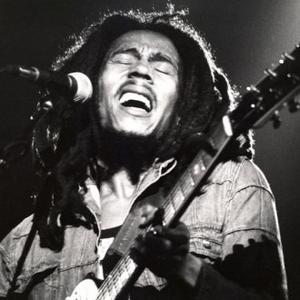 Exodus (1977): Arguably his last
truly great album which attempted to bridge all sides of himself, it
gets in politics (the title track and One Love/People Get Ready),
spirituality (Natural Mystic) and party times (Jamming).
And the ever-popular Three Little Birds.
Exodus (1977): Arguably his last
truly great album which attempted to bridge all sides of himself, it
gets in politics (the title track and One Love/People Get Ready),
spirituality (Natural Mystic) and party times (Jamming).
And the ever-popular Three Little Birds.
Survival (1979): If Kaya
the previous year had seemed like softening (Easy Skanking, Kaya,
Is This Love), then this one with the songs So Much Trouble in
the World, Zimbabwe, Babylon System, Africa Unite and Ambush
in the Night (about the assassination attempt on him) showed he
was still militant and focused.
Of course every Marley album has much to recommend it: Uprising, his last in 1980, included Could You Be Loved and Redemption Song, both of which hinted at new musical directions and the latter pulling the past into the present tribulation.
The posthumous
Confrontation has Buffalo Soldier which found
him connecting the Jamaican struggle with those of black Americans.
If you can find it, the 92 four-disc box set Songs of Freedom might be a shortcut, and not as short and short-changing as Legend.
There is much more on Bob Marley at Elsewhere starting here.

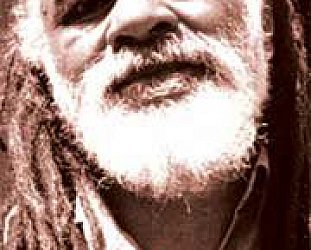
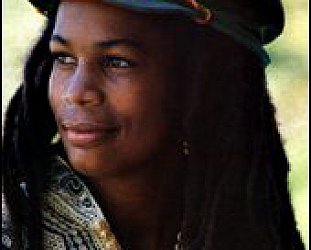
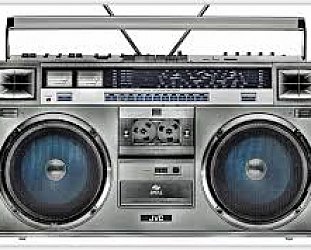
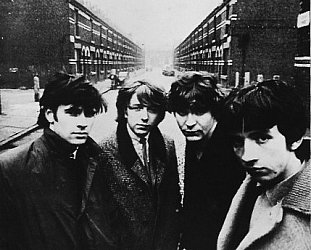
Gavin Hancock - Dec 12, 2012
If you have "Soul Rebels" you also need "African Herbsman" to give a fuller picture of the Scratch sessions. GRAHAM REPLIES: Absolutely agree. Those early years are difficult (especially given the nature of track-shuffling reissues etc) but Gavin is right: Soul Rebels and African Herbsman are the perfect pair.
Savepost a comment